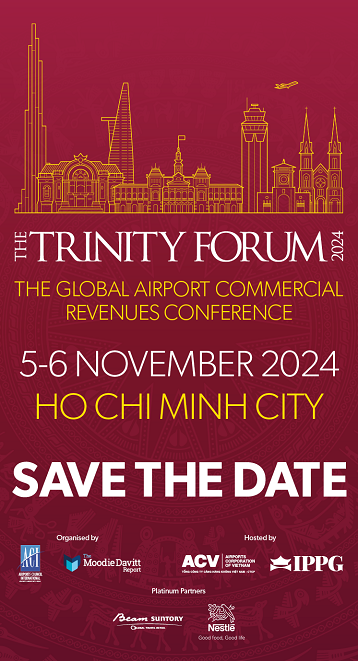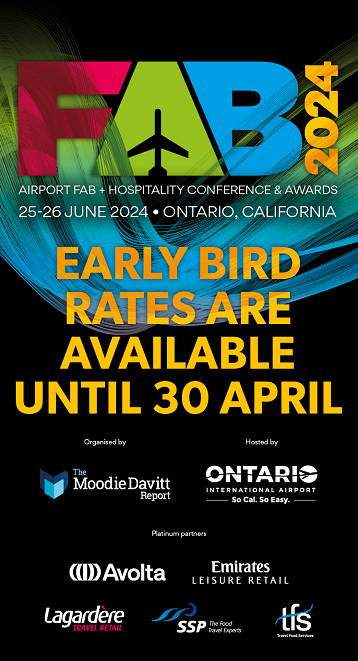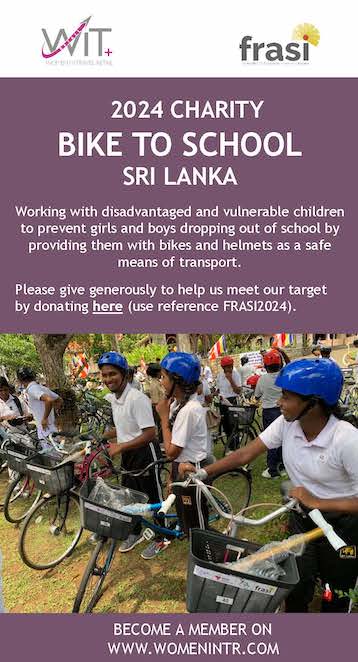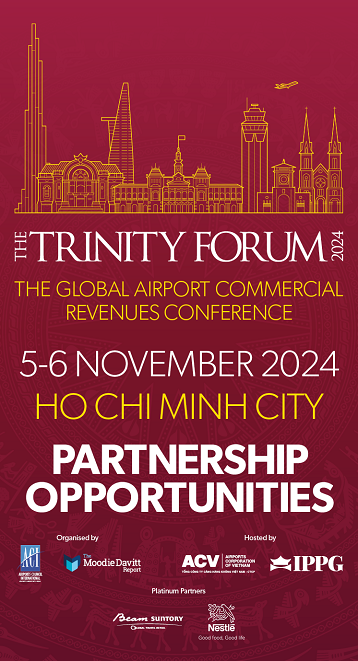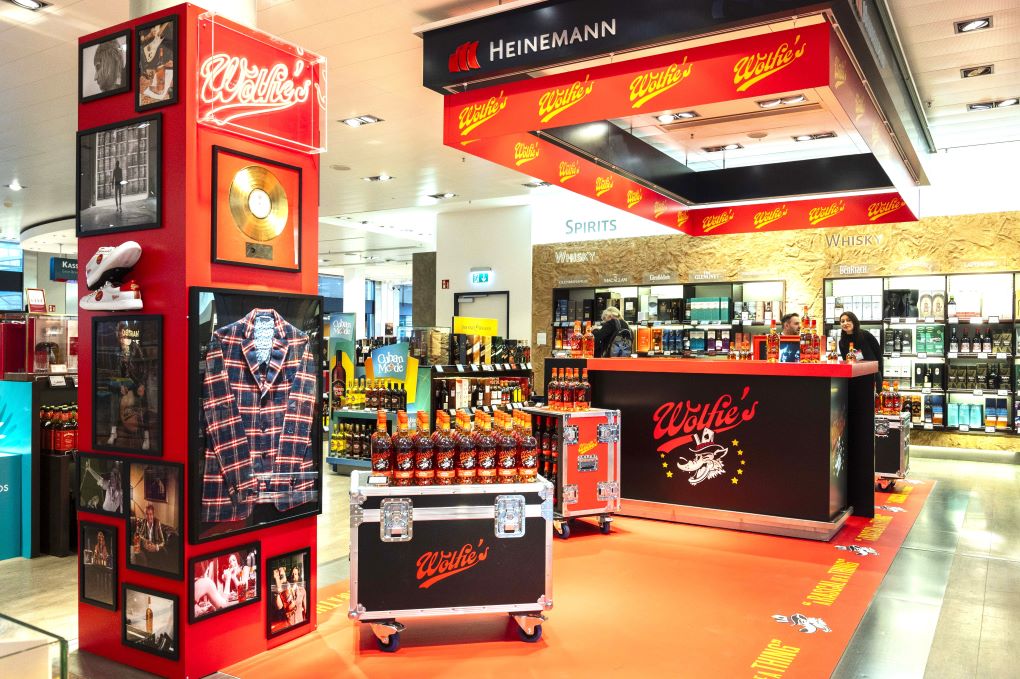The Moodie Davitt Report and Airport Dimensions recently launched the Airport Consumer Experience newsletter*, sent on a complimentary basis to our entire readership. The newsletter features a diverse array of stories related to various aspects of the airport consumer experience, from lounges to health, safety & wellness; relationship management to airport services; landside connections to commerce to culture.
In this article, to introduce our second edition of the newsletter, David Evans, Joint CEO at Collinson, introduces a new study, The Return Journey, into consumer attitudes to travel as the industry continues on its road to recovery.

As the world slowly begins to dust itself off in the wake of COVID-19, the recovery of the travel industry and its ultimate survival is a critical factor for so many players. It will, however, take time and dedication. And it will require those in the travel ecosystem to come together and play their part in helping the industry thrive once more. Which leads us to question; what can airports do to make this journey of recovery as seamless as possible for passengers?
Providing insight to answer this, Collinson’s new global study – The Return Journey – combines two separate pieces of research revealing what leisure and business travellers alike thought of their journeys both pre and during the pandemic.
Ultimately, building back will mean creating an enhanced overall journey experience, and one that needs to begin well before the day of travel, with a view to alleviating stress associated with travelling. This is particularly important given almost three quarters (73%) of travellers worldwide will be prioritising their mental wellbeing more when they travel again, than they did before COVID-19.
Airports, as well as many other players in the ecosystem, have an opportunity to engage and communicate with travellers long before they head out for their flight. And they need to make use of this communication, to help build customer confidence by telling them what to expect on the journey they’re about to make. After all, even the most seasoned of travellers might not know what to expect in this new world, and this insight will be crucial to helping passengers plan ahead.
COVID-19 testing is one of the new stages of travel that passengers will need to now prepare for. It’s not only become part of the new normal, but findings from our survey reveal that the vast majority of global travellers (83%) want there to be tests on arrival at the airport, and nearly the same (82%) want tests on departure. Making these steps easy, painless and stress-free is one way to provide a more enjoyable journey.
Airports are building partnerships to roll out these services quickly, as demonstrated across the UK, with testing facilities being rolled out in partnership with Collinson across all major airports in England including Manchester, London Heathrow, Luton, Stansted, London City and East Midlands.

Alignment of digital standards and interfaces is a critical next step to an efficient and streamlined experience, all of which will help to ensure confidence in the travel journey. Take our recent testing partnership with Singapore Airlines as an example. We’ve created a seamless customer journey where passengers are provided with a link in their booking confirmation to a dedicated online booking portal for their pre-departure COVID-19 test. It shows them where to go for their test and, once it’s complete, they know that, within 36 hours they will receive their test results through the same secure portal.
But it’s not just about testing. Health standards will, of course, play a big role in travel since the pandemic – and our research found that the vast majority of passengers desire visible health and hygiene measures in order to feel safe while travelling in light of COVID-19. But we also found that these hygiene measures shouldn’t come at the expense of comfort or a good experience.
Indeed, 87% of passengers said a good journey experience when travelling in light of the pandemic would involve access to socially-distanced spaces to ‘de-stress’ and relax in. A focal point for the gradual rebuild could be on this notion of less stressful experiences – those that help preserve the mental wellbeing of passengers, as well as physical wellbeing – could include services such as airport sleep pods, spa treatments and yoga classes.
All of these will help passengers achieve the mental wellness they crave from a good journey experience. So, as well as providing reassurance on hygiene measures in advanced communications, let travellers know where they can find these spaces in the airport, and how to get access to them.
The more airports can unite with others in the travel ecosystem to take care of the rational as well as emotive needs of travellers in advance of their departure date, the more this will ensure a stress-free experience to those travelling. In doing so, we can restore confidence in travellers to once again embark on their journeys not only to boost recovery, but also growth within the sector.
For a more detailed guide on how each and every player in the travel industry can do their part in aiding travel recovery, download the full report.
*To subscribe free of charge please email Sinead@MoodieDavittReport.com headed ‘Airport Consumer Experience’. All stories are permanently archived on the Airport Consumer Experience page on this website.




